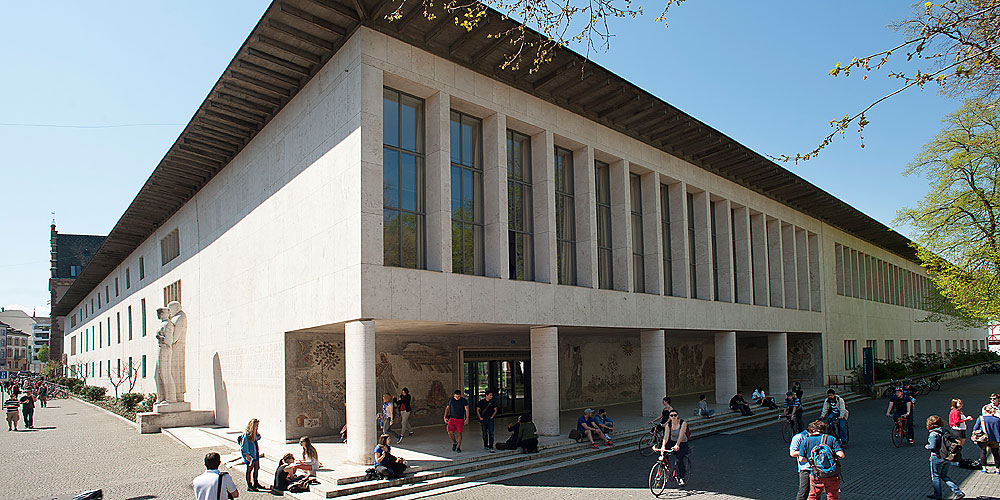Despite significant progress in prevention and therapy, millions of people still get infected with HIV every year. The main burden of HIV/AIDS falls on Africa. To contain the epidemic, innovative methods are needed to enable early diagnosis of all those affected. A Basel research group has now been able to significantly improve the success of "door-to-door" testing campaigns thanks to HIV self-tests.

In a study published in “Nature”, researchers at the Friedrich Miescher Institute for Biomedical Research (FMI) and the University of Basel unraveled mechanisms orchestrating organoid formation and intestinal regeneration. Using a unique image-based screening approach, the researchers identified a compound that improves intestinal regeneration in mice.

Christoph Tschumi will step down as Executive Director of the University of Basel at the end of August 2021. After twelve years in this position, the 53-year-old economist feels the time is right to take on new professional challenges.

Friedrich-Karl Thielemann, professor emeritus of theoretical physics at the University of Basel, receives the Karl Schwarzschild Medal 2020. With this award, the German Astronomical Society honors his research at the interface between nuclear physics and astronomy.
Scientists have succeeded in growing accurate replicas of human retinas that can be used to pinpoint the specific types of cells affected by genetic eye diseases. This achievement will accelerate progress in developing individual therapies.

Living at home in old age: This is what most older adults want. As a result, there is a high demand for senior apartments and tailor-made services for the care of older adults in need of assistance in their own households. This is one of the main findings of the population survey in Canton Basel-Landschaft, which was conducted as part of the "Inspire" project.

Many diseases are caused by defects in signaling pathways of body cells. In the future, bioactive nanocapsules could become a valuable tool for medicine to control these pathways. Researchers from the University of Basel have taken an important step in this direction: They succeed in having several different nanocapsules work in tandem to amplify a natural signaling cascade and influence cell behavior.
Phosphorus is essential for agriculture, yet this important plant nutrient is increasingly being lost from soils around the world. The primary cause is soil erosion, reports an international research team led by the University of Basel.

With life expectancy increasing, age-related diseases are also on the rise, including sarcopenia, the loss of muscle mass due to aging. Researchers from the University of Basel’s Biozentrum have demonstrated that a well-known drug can delay the progression of age-related muscle weakness.
